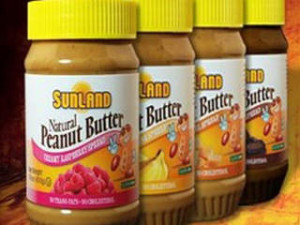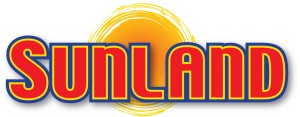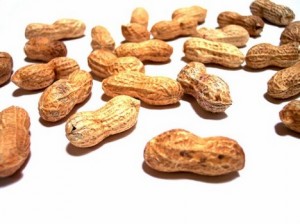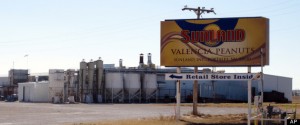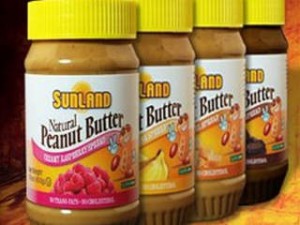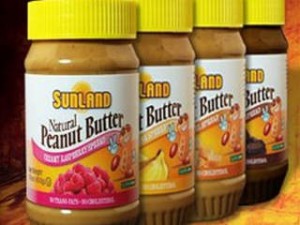Nearly a million jars of peanut butter are being dumped at a New Mexico landfill to expedite the sale of a bankrupt peanut-processing plant that was at the heart of a 2012 salmonella outbreak and nationwide recall.
Bankruptcy trustee Clarke Coll said he had no other choice after Costco Wholesale refused to take shipment of the Sunland Inc. product and declined requests to let it be  donated to food banks or repackaged or sold to brokers who provide food to institutions like prisons.
donated to food banks or repackaged or sold to brokers who provide food to institutions like prisons.
“We considered all options,” Coll said. “They didn’t agree.”
Costco officials did not return telephone calls seeking comment. But court filings indicate the product was made with $2.8 million worth of Valencia peanuts owned by Costco and had been sitting in the warehouse since the company shut down and filed for bankruptcy last fall.
After extensive testing, Costco agreed to a court order authorizing the trustee to sell it the peanut butter. But after getting eight loads, Costco rejected it as “not merchantable” because of leaky peanut oil.
Coll said “all parties agreed there’s nothing wrong with the peanut butter from a health and safety issue,” but court records show that on a March 19 conference call Costco said “it would not agree to any disposition … other than destruction.”
So instead of selling or donating the peanut butter, with a value estimated at $2.6 million, the estate is paying about $60,000 to haul the 950,000 jars of nut butter — or about 25 tons — to the Curry County landfill in Clovis, where public works director Clint Bunch says it “will go in with our regular waste and covered with dirt.”
The last of 58 truckloads was expected Friday, he said.

